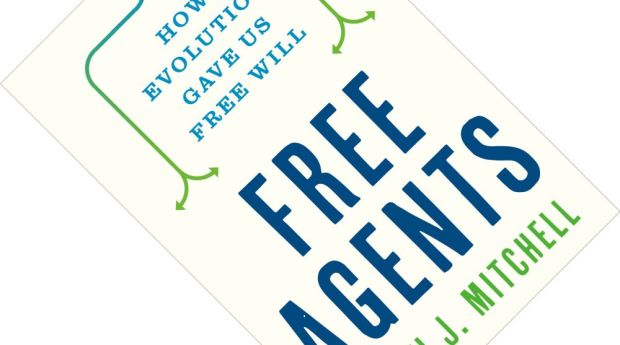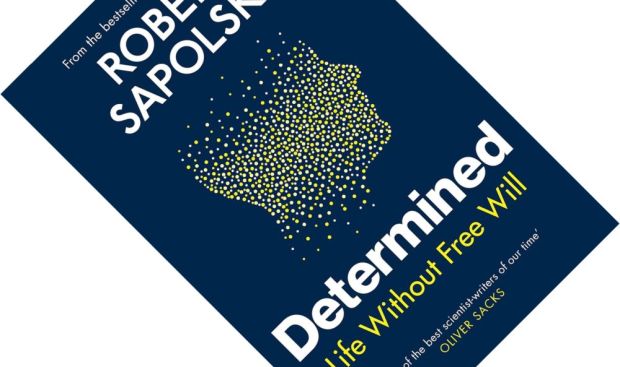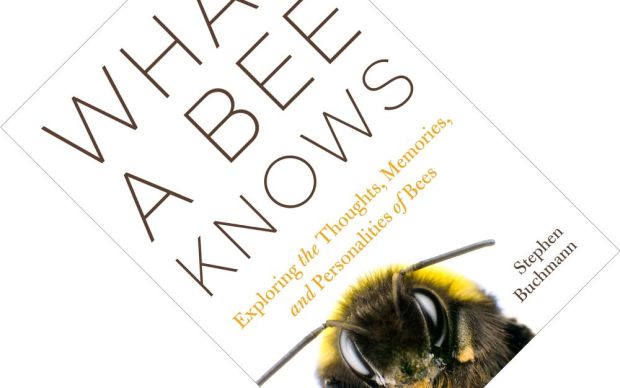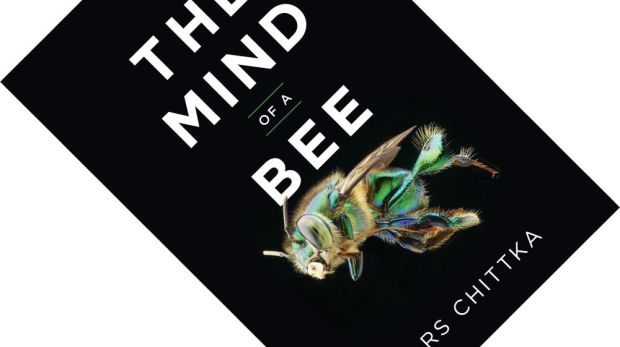9-minute read
keywords: evolutionary biology, neurobiology, philosophy
Despite millennia of arguments, the question of whether we have free will or not remains unresolved. Last year October, two neurobiologists stepped into the fray, giving me the chance to dip my toes into the free-will debate. I just reviewed Robert Sapolsky’s Determined which presented a case against. Though successfully showing that we have less of it than we think, I remain unconvinced by his total rejection of free will. For the second half of this two-part review, I turn to Kevin J. Mitchell’s Free Agents which, also starting from neurobiology, presents a tightly argued and compelling case in favour.









